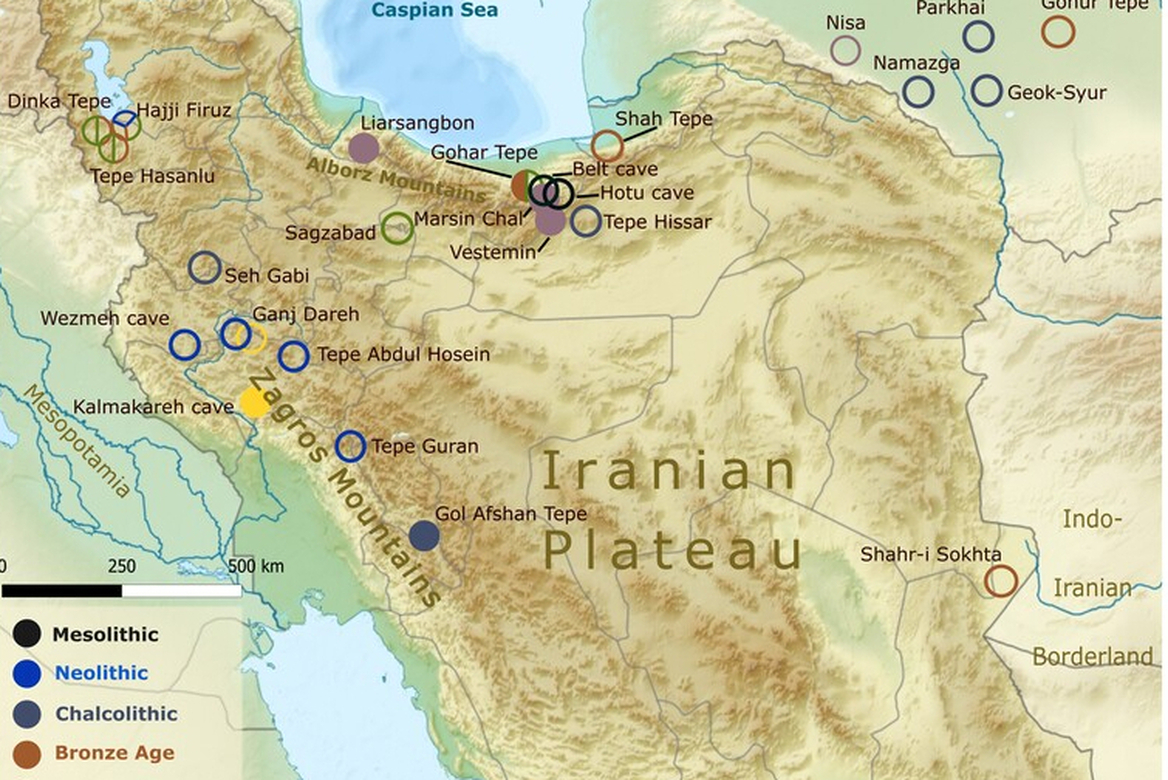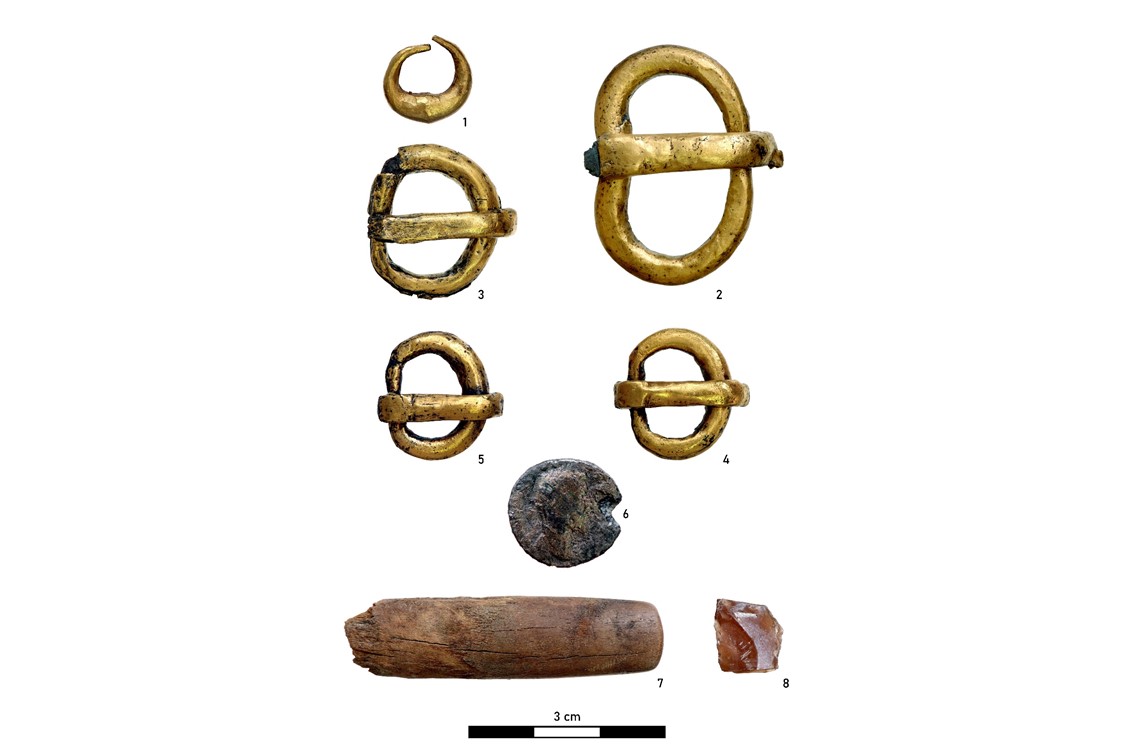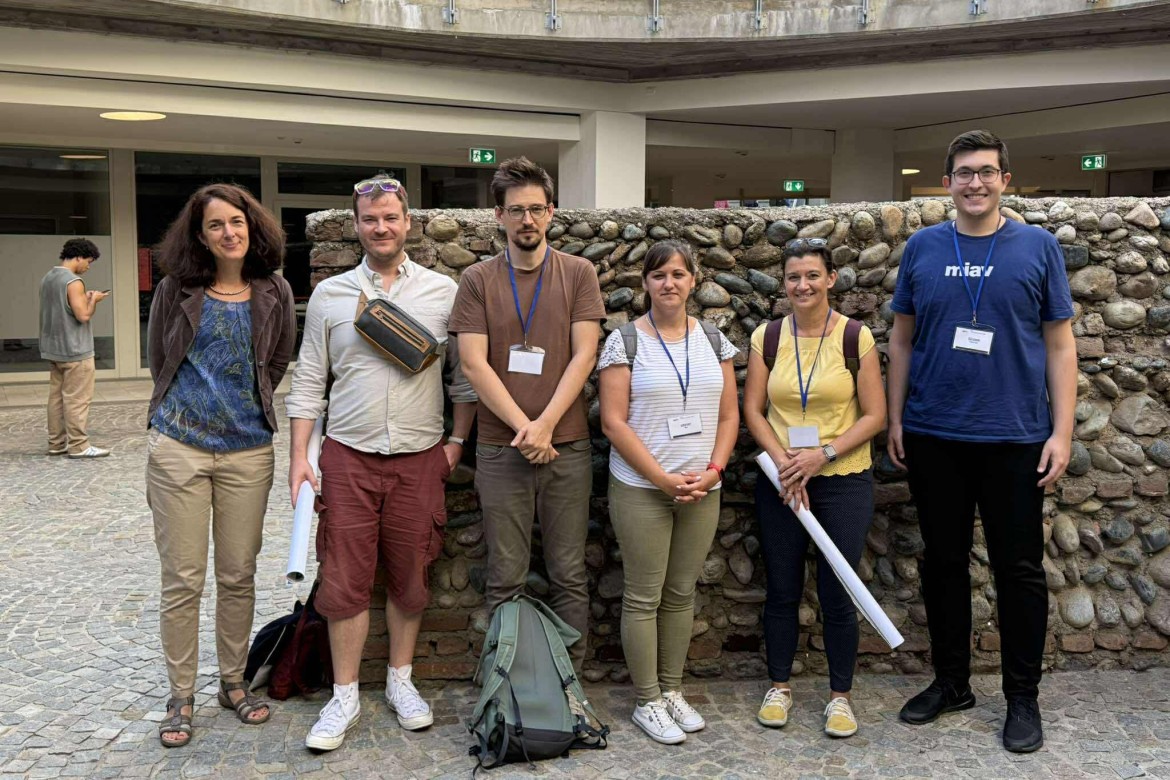
The 11th International Symposium on Biomolecular Archaeology, organised by the International Society for Biomolecular Archaeology (ISBA), was held in Torino, Italy, between 26–29 August 2025. This year, more than 570 researchers attended the biennial international conference. The results of ongoing research at the Institue of Archaeogenomics were presented by six of our colleagues through oral and poster presentations.
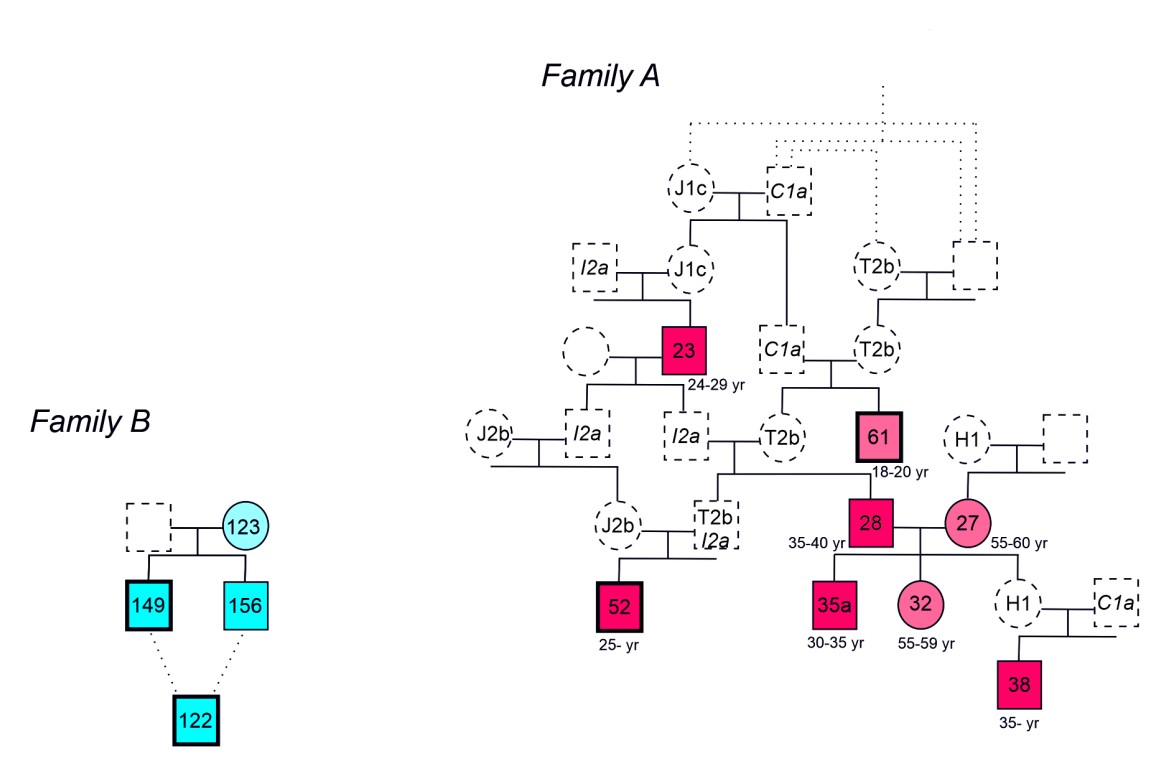
Under the leadership of Anna Szécsényi-Nagy (HUN-REN Institute of Archaeogenomics) and Zsuzsanna Siklósi (MTA-ELTE “Lendület” Innovation Research Group), we have published a new archaeogenetic study on the populations of the Great Hungarian Plain in the Neolithic and Copper Age.
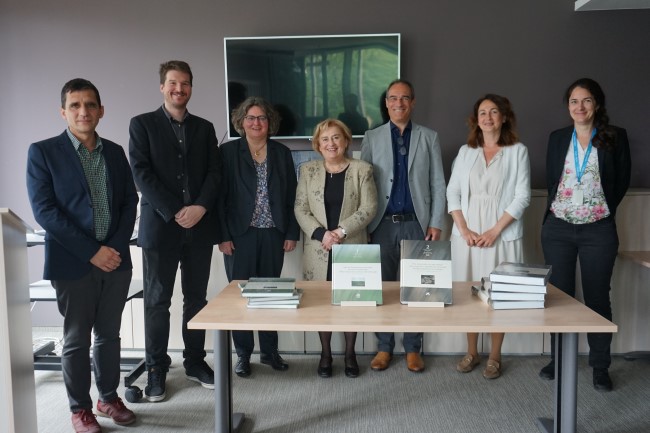
On May 13, 2025, in the framework of a joint book launch at the HUN-REN RCH Institute of Archaeology in Budapest, the first two volumes of the international monograph series Confinia et Horizontes, edited by Eszter Bánffy and Alexander Gramsch, were presented.
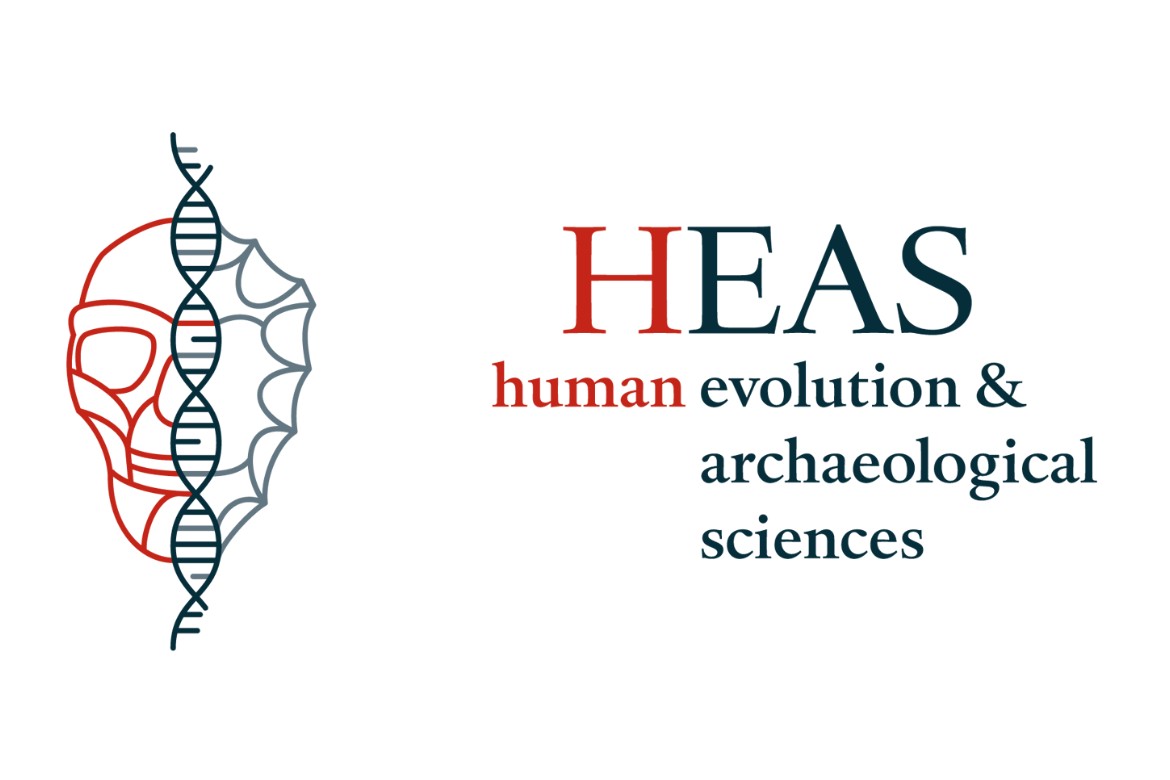
Anna Szécsényi‑Nagy will give a lecture on the morning of May 19, organized by the HEAS (Human Evolution and Archaeological Sciences) Research Network at the University of Vienna.
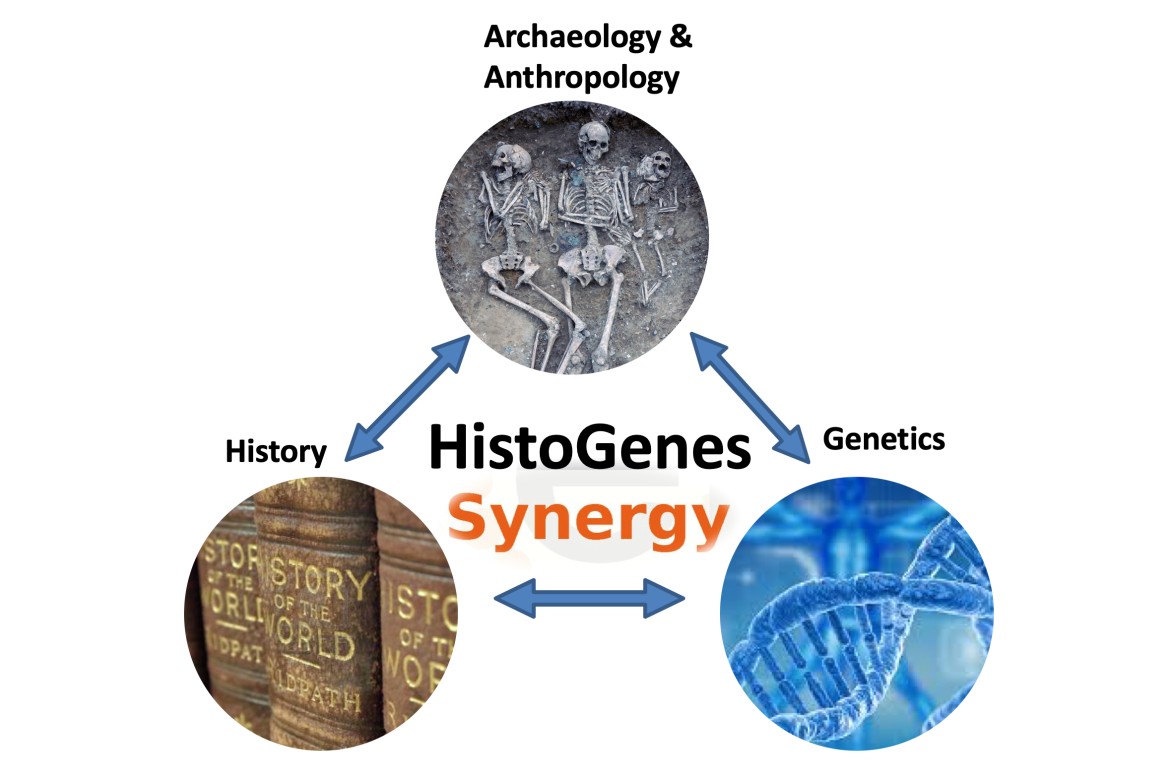
The HistoGenes ERC Synergy project held its annual plenary meeting from 14 to 17 April this year at Castle Ringberg in Bavaria. As the project nears completion, the aim of the meeting was to discuss the tasks for its final year.
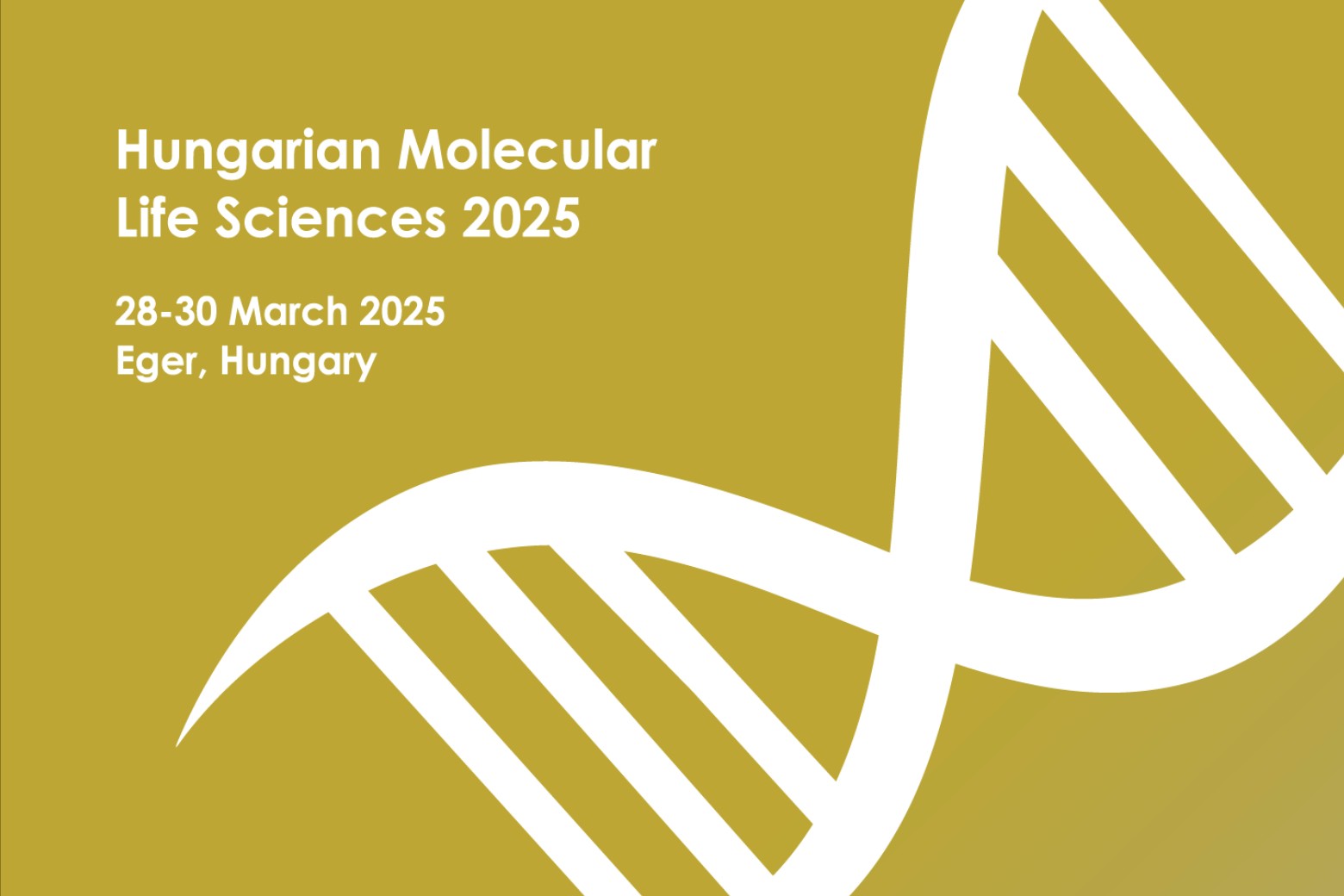
Researchers from the Institute of Archaeogenomics once again participated in the Hungarian Molecular Life Sciences international conference, held in Eger from 28 to 30 March this year.
More Articles …
- Opportunity for postdoctoral researchers to join the Momentum Bioarchaeology Research Group
- Child Space 2025 — International Conference in Budapest on the Bioarchaeological and Biosocial Research of Children
- Communities of Dark Times – Our Colleagues' Presentations at the Conference of the Déri Museum
- Kings, Saints, Monasteries – Traveling Exhibition at the Archabbey of Pannonhalma
Page 2 of 8



